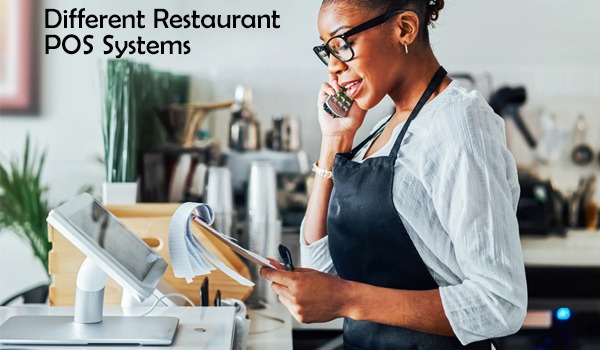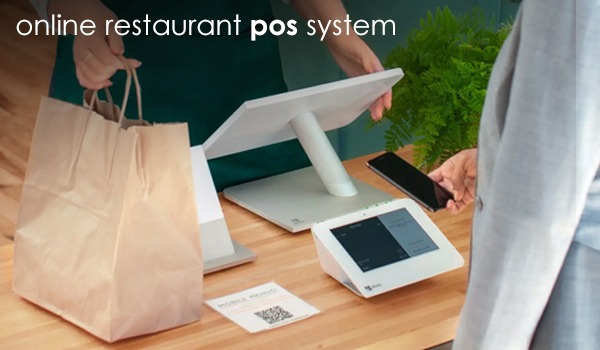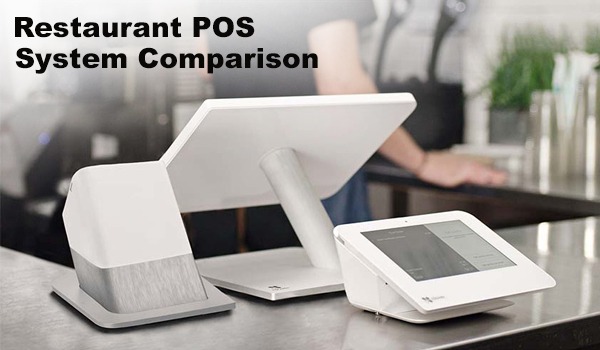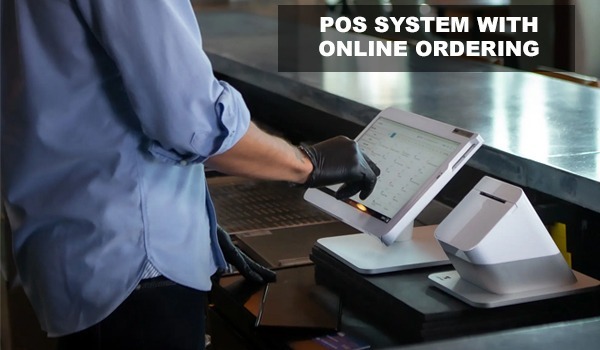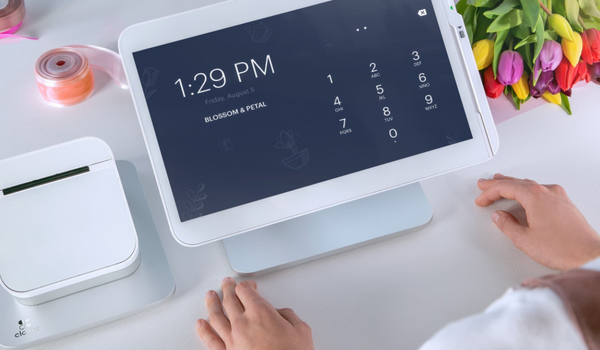
Restaurant pos company
A restaurant POS (Point of Sale) company is a software provider that offers specialized solutions for restaurants, including software and hardware systems that are designed to streamline operations and enhance the customer experience. These systems typically include features such as order management, payment processing, inventory management, and reporting tools.
Key services offered by restaurant POS companies
Restaurant POS companies offer a range of key services to help restaurants streamline their operations and enhance their overall efficiency. Here are some of the key services typically offered by restaurant POS companies:
Point-of-Sale Software: Restaurant POS companies provide specialized software designed specifically for the food service industry. This software enables efficient order-taking, menu management, table management, payment processing, and integration with other systems.
Hardware and Equipment: POS companies offer a variety of hardware options such as touch-screen terminals, tablets, receipt printers, kitchen display systems (KDS), card readers, and other peripherals needed to set up a complete POS system in a restaurant.
Menu Management: POS systems allow restaurants to easily create, update, and manage their menus. This includes adding new items, modifying prices, categorizing items, setting up modifiers or add-ons, and handling special requests or dietary restrictions.
Order Management: POS systems help restaurants streamline the order management process. This includes taking orders accurately, sending them to the kitchen or bar, tracking order status, splitting checks, and facilitating order modifications.
Table and Reservation Management: POS companies provide tools to manage table assignments, track reservations, and optimize seating arrangements. This helps restaurants maximize their seating capacity, minimize wait times, and provide better customer service.
Reporting and Analytics: POS systems generate detailed reports and analytics that provide insights into sales, inventory, employee performance, and other key metrics. This information helps restaurants make data-driven decisions, identify trends, and optimize their operations.
Integration with Third-Party Services: Many POS companies offer integrations with third-party services such as online ordering platforms, delivery services, loyalty programs, and accounting software. This allows restaurants to streamline their operations and provide a seamless experience for customers.
Training and Support: POS companies provide training and support to restaurant staff to ensure they can effectively use the POS system. This includes initial onboarding, ongoing technical support, and assistance with troubleshooting issues.
Security and Compliance: POS companies prioritize data security and compliance with industry standards. They implement encryption, secure payment processing, and adhere to regulations to protect customer information and prevent unauthorized access.
Customization and Scalability: POS companies understand that every restaurant is unique, so they offer customization options to tailor the POS system to specific needs. Additionally, they provide scalable solutions that can accommodate the growth and evolving requirements of the restaurant.
Top restaurant POS companies
1. Toast
Toast is a cloud-based POS system designed specifically for the restaurant industry. It offers a range of features, including menu management, online ordering, payment processing, employee management, and reporting. Toast also offers hardware solutions, such as terminals and kitchen display systems.
2. Square
Square is a popular payment processing company that also offers a free POS system for small businesses, including restaurants. Square's POS system includes features such as order management, payment processing, and reporting. Square also offers hardware solutions, such as card readers and terminals.
3.TouchBistro
Crafted particularly for dining establishments, TouchBistro is a point-of-sale (POS) system that operates on iPads. It includes features such as order management, payment processing, inventory management, and reporting. TouchBistro also offers add-ons such as online ordering and loyalty programs.
3. Upserve
Upserve is a cloud-based POS system that includes features such as order management, payment processing, inventory management, and reporting. Upserve also offers add-ons such as online ordering and loyalty programs. Pricing starts at $59 per month per terminal, with additional fees for add-on features.
4. Revel Systems
Revel Systems is a cloud-based POS system designed specifically for the restaurant industry. It includes features such as order management, payment processing, inventory management, and reporting. Revel also offers hardware solutions, such as terminals and kitchen display systems. Pricing varies based on the size and needs of the restaurant.
Factors to consider when choosing a restaurant POS company
- Reputation: Choose a POS company with a strong reputation in the industry. Look for companies with positive reviews from other restaurant owners and managers.
- Experience: Choose a POS company with experience in the restaurant industry. Look for companies that specialize in serving restaurants and have a deep understanding of the unique challenges and needs of the industry.
- Pricing: Choose a POS company that offers transparent pricing with no hidden fees. Look for companies that offer pricing models that are flexible and customizable to fit the specific needs of your restaurant.
- Customer support: Choose a POS company that provides excellent customer support. Look for companies that offer 24/7 support and have a reputation for responding quickly and effectively to customer needs.
Implementation and training
Implementing a restaurant POS system provided by a POS company typically involves several steps, including setup and installation, staff training, and ongoing support.
- Setup and installation: The first step in implementing a POS system is setting up and installing the hardware and software components. POS companies typically provide installation services to ensure that the system is properly configured and set up for the specific needs of the restaurant.
- Staff training: Once the POS system is installed, staff training is critical to ensure that employees know how to use the system effectively. POS companies often provide training sessions to teach employees how to use the system, including how to enter orders, process payments, and generate reports.
- Ongoing support: Even after the POS system is installed and staff is trained, ongoing support is important to ensure that the system is operating effectively and efficiently. POS companies typically provide customer support services to help restaurants troubleshoot any issues and optimize their use of the system.
Security and Compliance
Encryption: POS companies use encryption technology to protect sensitive data such as credit card information and personal information. This involves encoding data in a way that makes it unreadable to unauthorized users.
User authentication: POS companies require user authentication to ensure that only authorized users have access to sensitive data. This can include password-protected logins and two-factor authentication.
Data backup: POS companies regularly back up data to ensure that it can be restored in the event of a data loss or system failure. Such a measure aids in averting data loss and reducing system downtime.
Compliance with data privacy laws: POS companies must comply with data privacy laws such as the General Data Protection Regulation (GDPR) and the California Consumer Privacy Act (CCPA). This involves implementing policies and procedures to protect customer data and providing customers with the ability to access and control their data.
Vulnerability testing: POS companies regularly perform vulnerability testing to identify potential security weaknesses in their systems. This allows them to proactively address security issues before they can be exploited by attackers.
Conclusion
In summary, restaurant POS companies offer specialized software and hardware solutions designed to help restaurants streamline their operations, improve customer service, and increase profitability. These companies provide a range of services, including installation, training, and ongoing support, and can customize their solutions to meet the specific needs of a restaurant. When choosing a restaurant POS company, owners and managers should consider factors such as reputation, experience, pricing, and customer support. Implementation of a POS system involves setup and installation, staff training, and ongoing support, and owners and managers should plan, communicate with staff, take advantage of training resources, test the system, and monitor performance to ensure a smooth transition and maximize the benefits of the service.
